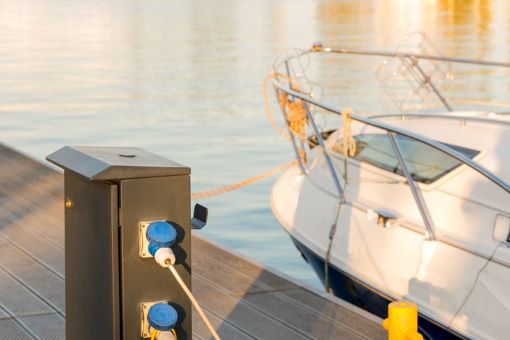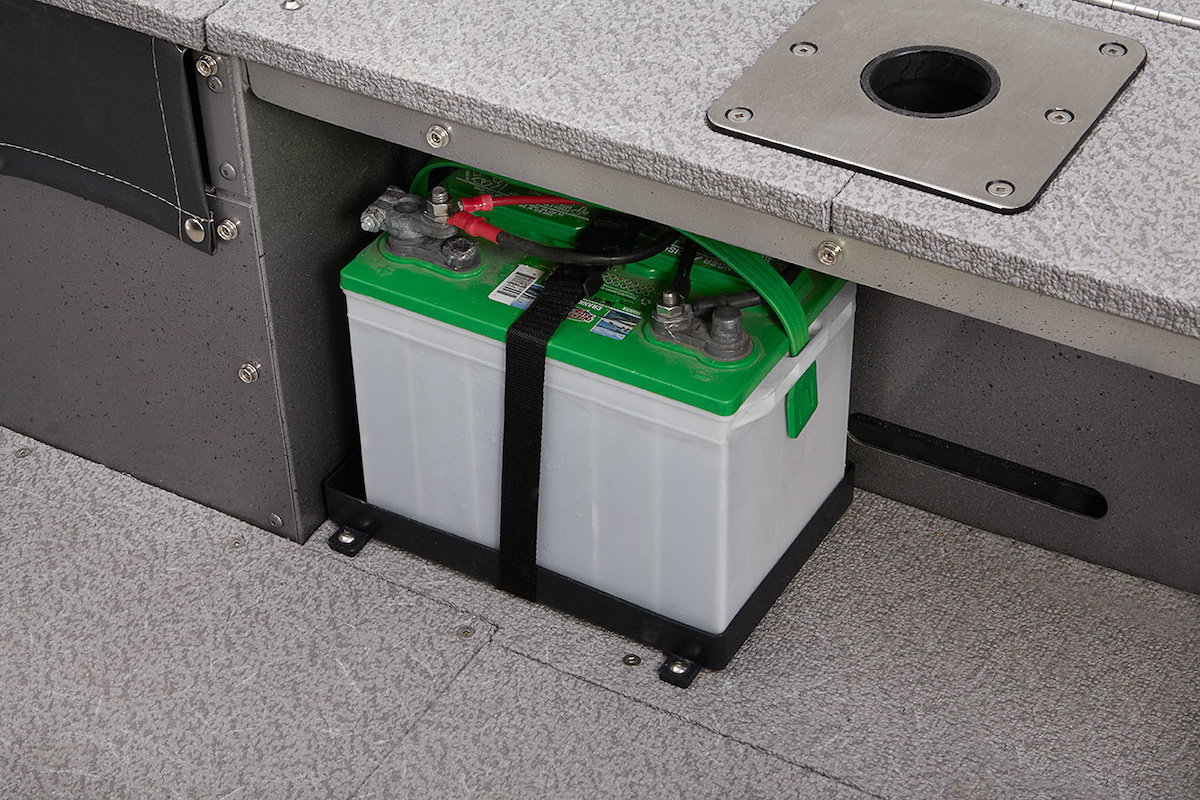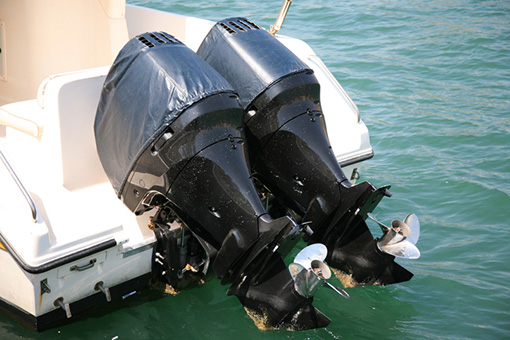Do you think that your boat battery is the same as your car battery? Well, think again!
While both batteries are used to start their vehicle’s engines, boat batteries are responsible for additional power needs. For instance, boat batteries power the lights, gauges, pumps, and other electronics on board. Some fishing and overnight boats also require multiple batteries to run all their systems.
So, what happens when the battery gets depleted? Do you know how to charge a boat battery? Because it’s an essential skill every boater should have, we’re revealing how to charge a boat battery in today’s blog post.
5 Steps for Charging a Deep Cycle Marine Battery
Most boats are equipped with deep-cycle batteries designed to provide sustained power for long periods. And unlike other battery types, you can drain and recharge a deep-cycle marine battery time and time again.
Want to give it a go? In this post, we'll explain how to charge a boat battery in these five simple steps:
1. Choose the Right Charger
Because there’s a wide variety of boat batteries on the market, you’ll find an abundance of battery chargers to choose from. And as you can probably imagine, the best charger for your deep-cycle marine battery will be designed specifically for it. We recommend matching your charger to your boat battery’s chemistry and voltage, and if you have more than one battery on board, make sure the charger can accommodate both.
All boat battery charges fall into one of two categories: onboard and portable.
As their name suggests, portable chargers are known for their portability and can be used anytime and anywhere. Additionally, they’re less expensive. On the other hand, onboard chargers are already connected to the battery system, which makes them easier to use. All you have to do is hook them up to a standard 120-volt outlet, and they’ll charge relatively quickly.
2. Select the Right Time
Did you know that charging a boat battery requires certain conditions? The optimal charging temperature for ionic lithium batteries is above freezing. However, you can get away with charging them at temperatures of -4°F to -131°F without causing damage.
3. Clean the Battery Terminals
This step is pretty self-explanatory. Grimy battery terminals disrupt the charging process (making it longer and less efficient). Therefore, you’ll want to clean them before you begin!
Read Next: Marine Battery Basics
4. Connect the Battery Charger
The next step to charging a boat battery is connecting the charger. To do so:
- Connect the red (positive) cable to the red terminal.
- Connect the black (negative) cable to the black terminal.
- Plug in the charger and turn it on.
If you’re using a smart charger, you can set it up and forget it. These chargers are designed to stop charging on their own. In addition, most ionic lithium chargers have Bluetooth capabilities, so monitoring their progress is easy. However, if you’re using a lead-acid charger, you’ll have to set a timer and manually disconnect it once it’s finished.
5. Disconnect the Charger
Once the battery is fully charged, you can disconnect the charger by unplugging it. Then, remove the black cable from its terminal, followed by the red one.
Frequently Asked Questions
Still, have questions about how to charge a boat battery? Below are the answers to some of the most frequently asked questions about charging a boat battery:
How Long Does It Take to Charge a Boat Battery?
If you want your boat battery to charge as fast as possible, use a charger designed specifically for it. From there, expect a marine battery to charge from 0% to 80% for about four to six hours.
Can You Charge a Boat Battery on the Water?
You sure can! Portable charges are ideal for charging your boat’s battery while it’s afloat.
How Long Do Boat Batteries Hold Their Charge?
How long your battery holds its charge depends on various factors, including the make/model of the battery and the type of battery. As you can guess, the more frequently you use the battery, the more you need to charge it. But in general, expect your marine battery to hold its charge for about six months.
What Are the Maintenance Costs?
How much a marine battery charger costs depends on its size and power requirements. However, average costs range from $100 to $500. Boat batteries last three to four years (although they can last up to six years under the right conditions). Then, the replacement battery cost will fall between $100 and $500.


